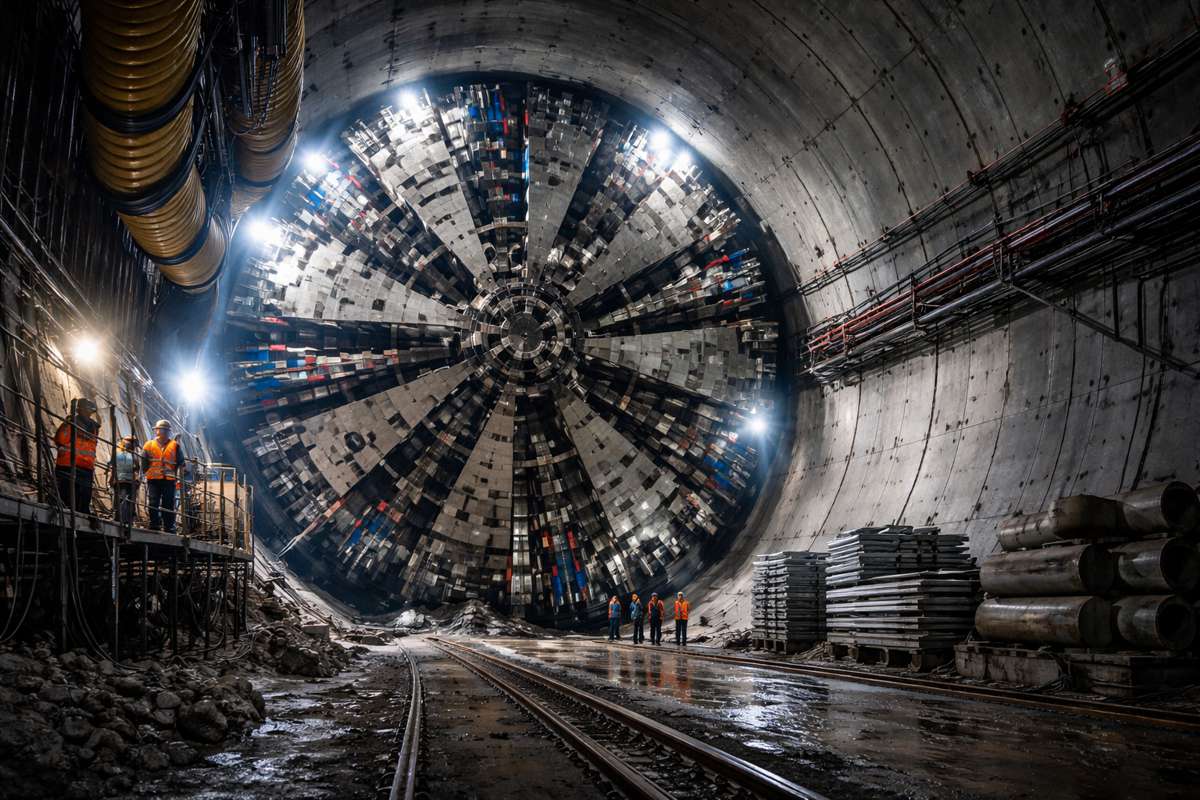Slope design and management – Beyond the boundaries
CIRIA has embarked on a new partnership with Atkins, BAM Ritchies and Maccaferri as together they set out to bring together the engineering community to identify future good practice guidance in slope design and management.
With the support of partners, CIRIA is delighted to announce a series of roundtables and workshops to identify, categorise and prioritise future good practice research in slope engineering and management. This ambitious series is an opportunity to join the discussion and be at the forefront of leading industry research which will support the application of best practice across the sector.
Slope face and near surface instabilities, particularly for linear assets such as roads, rails and pipelines, are a mounting concern to those tasked with managing critical infrastructure assets. This is due to the increased pressure for new infrastructure, coupled with the uncertainties of extreme weather and climate change, and means the application of slope protection and stabilisation systems will continue to be widely used. There are also significant geotechnical risks associated with major infrastructure projects like High-Speed Two which in response is pushing the boundaries of slope design and management.
Those wishing to help lead the industry debate on the future of slope engineering and management are invited to join CIRIA at the first event in the series, Engineered and natural slopes – protection and stabilisation system’s, on Thursday 15 March 2018, 2pm – 5pm.
William Gates, Network Programme Manager, CIRIA said; “We’ve seen examples of the challenges and risks associated with extreme weather recently, and the industry must work together in order to overcome the challenges of monitoring and managing slope stability in a changing climate. This programme is a great way of engaging with industry practitioners to identify good practice. We are looking forward to starting this important project next week, and we will look forward to delivering updated guidance for the industry in due course.”
To find out more about this series or CIRIA’s research project (RP1065) contact, lee.kelly@ciria.org.





























